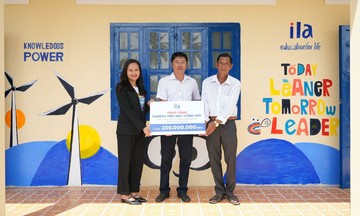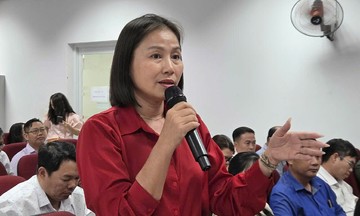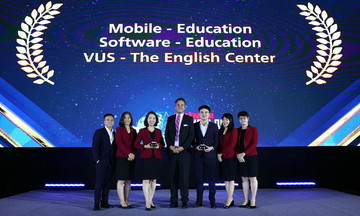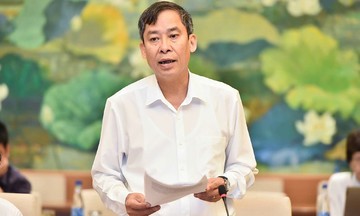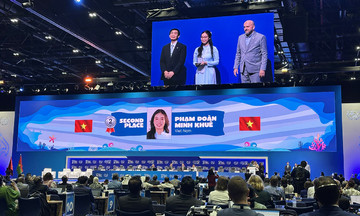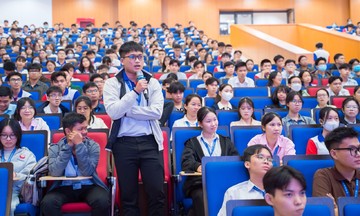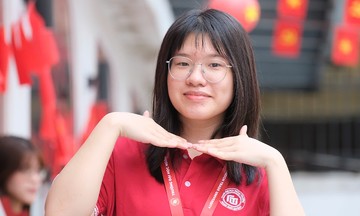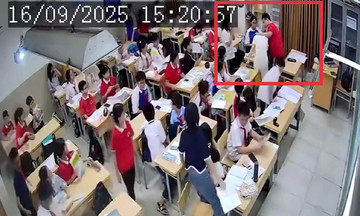The Ministry of Education and Training (MOET) on 20/9 announced Vietnam's first training standards for gifted engineers and master's programs in STEM (science, technology, engineering, and mathematics). Currently, some universities offer programs for gifted students at the undergraduate level, but the criteria vary and lack a unified standard.
The standards announced by the MOET will apply to universities participating in the government's project to develop high-tech human resources from 2025 to 2035, with a vision towards 2045.
The list of fields for gifted engineer and master's training programs includes:
| No. | STEM Training Field | Field Code |
| 1 | Natural Sciences | 42 |
| 2 | Life Sciences | 44 |
| 3 | Mathematics and Statistics | 46 |
| 4 | Computer Science and Information Technology | 48 |
| 5 | Engineering Technology | 51 |
| 6 | Engineering | 52 |
| 7 | Manufacturing and Processing | 54 |
| 8 | Architecture and Construction | 58 |
For direct admission to the gifted engineer program, candidates must have won first, second, or third prizes in the national high school student competition or international Olympiads in math, physics, chemistry, biology, or computer science.
For admission through the high school graduation exam, candidates must take math and at least one other natural science subject. Their total score must be in the top 20% nationwide for that combination (with a maximum bonus of 5%). Other admission methods require equivalent conversion by the universities.
Current students or graduates with a bachelor's or engineer's degree in the same field can transfer to the gifted program according to each university's regulations.
For master's programs, applicants need a minimum undergraduate GPA of 3.2/4 or equivalent, and an English proficiency level of 4/6 or higher according to the Vietnamese foreign language competency framework.
The gifted engineer program requires at least 180 credits, 30 more than usual programs, with at least 8 credits earned through industry experience. Gifted master's programs require at least 60 credits for those who already hold a bachelor's degree in the same field group.
Graduation theses for both programs must be directly linked to a ministry-level or higher research project, or a collaborative research project with businesses in strategic technology fields: AI, Blockchain, 5G/6G mobile networks, cloud computing, robotics and automation, semiconductors, etc.
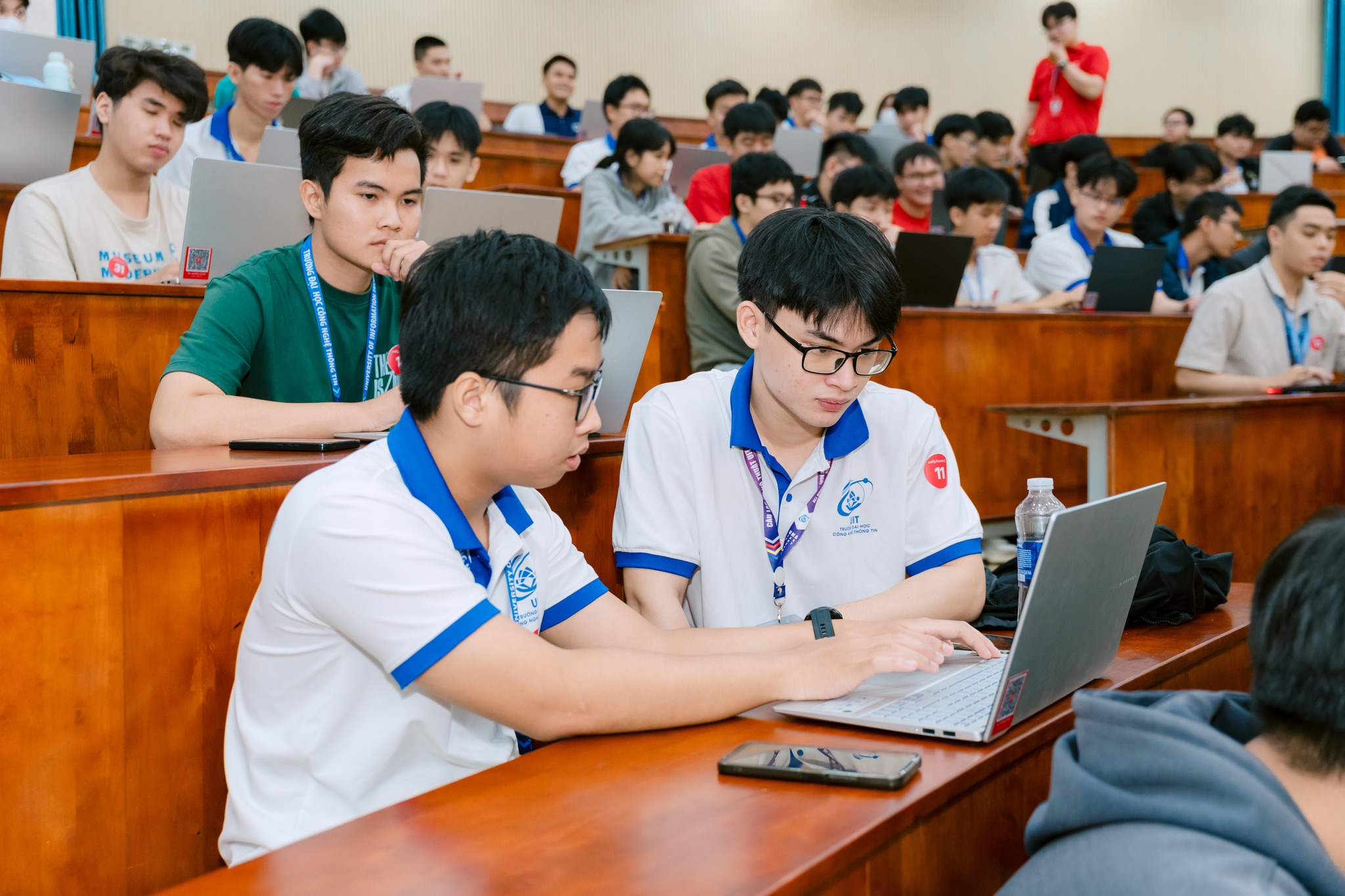 |
Students from the University of Information Technology at an AI workshop, 15/9. Photo: UIT |
Students from the University of Information Technology at an AI workshop, 15/9. Photo: UIT
In addition to current requirements for engineers and master's graduates, graduates of the gifted programs must meet additional criteria.
For instance, those in science must participate in relevant research groups and author or co-author at least one paper in a reputable international journal (WoS/Scopus), or demonstrate research results at conferences, or applied and transferred products.
Those in technology must have participated in a product development research group or a research project with application potential, be the main author or co-author of an invention or useful solution, and play a leading role in implementing research results and technology transfer at businesses.
Those in business, management, and leadership need to play a core role in practical projects like business plans and business operations, and take primary responsibility in an excellent business project at academic or startup competitions.
The MOET stipulates that at least 90% of faculty teaching in gifted programs must hold a doctorate, including 9 in-house doctors and 2 associate professors specializing in STEM. International faculty must also participate in the training process.
Universities can only admit subsequent cohorts if at least 75% of students in the gifted program graduate on time.
In late May, the government approved the project to develop high-tech human resources from 2025 to 2035, with a vision towards 2045. The goal is for high-level STEM training to account for 35% of total student enrollment by 2030.
One solution is to establish 100 gifted engineer and master's programs and 100 gifted doctoral programs. According to the MOET, universities (that already offer doctoral degrees) can apply to participate by developing project proposals and training programs and submitting them to the MOET for approval.
Some criteria include: at least 10% of applicants in the last three years meeting the entry standards for the gifted program; laboratories meeting at least 60% of the university's needs; and prestige and experience demonstrated by the number of doctorates awarded, scientific publications, and international collaborations.
Ministries and agencies are researching and developing mechanisms and policies to invest in upgrading laboratories and technology for universities; attracting qualified international faculty; and enhancing autonomy in attracting excellent faculty to academic management positions linked to professor and associate professor appointments. Meanwhile, students will be exempt from or have reduced tuition fees, and prioritized for scholarships at the highest level.
Le Nguyen



